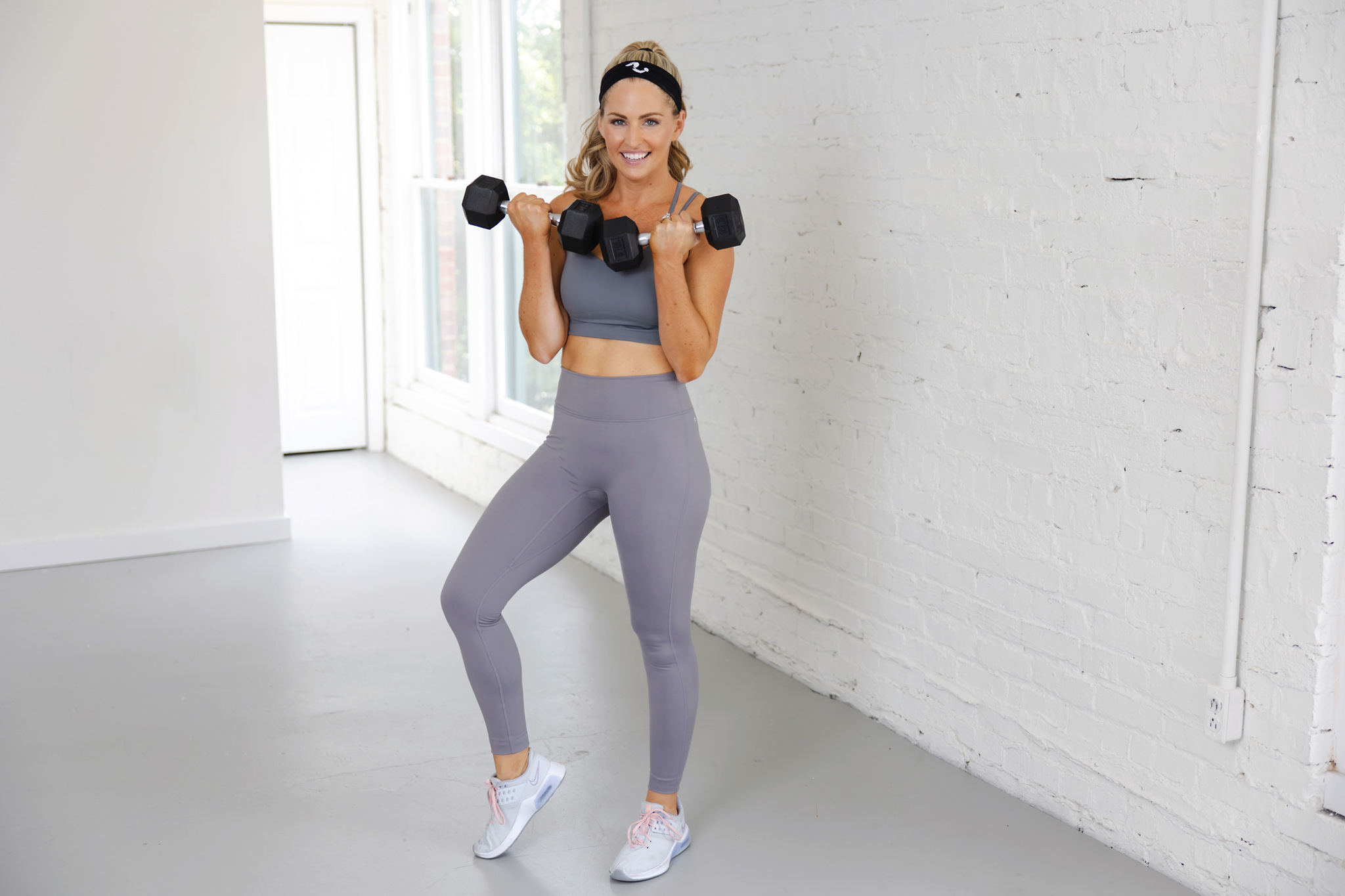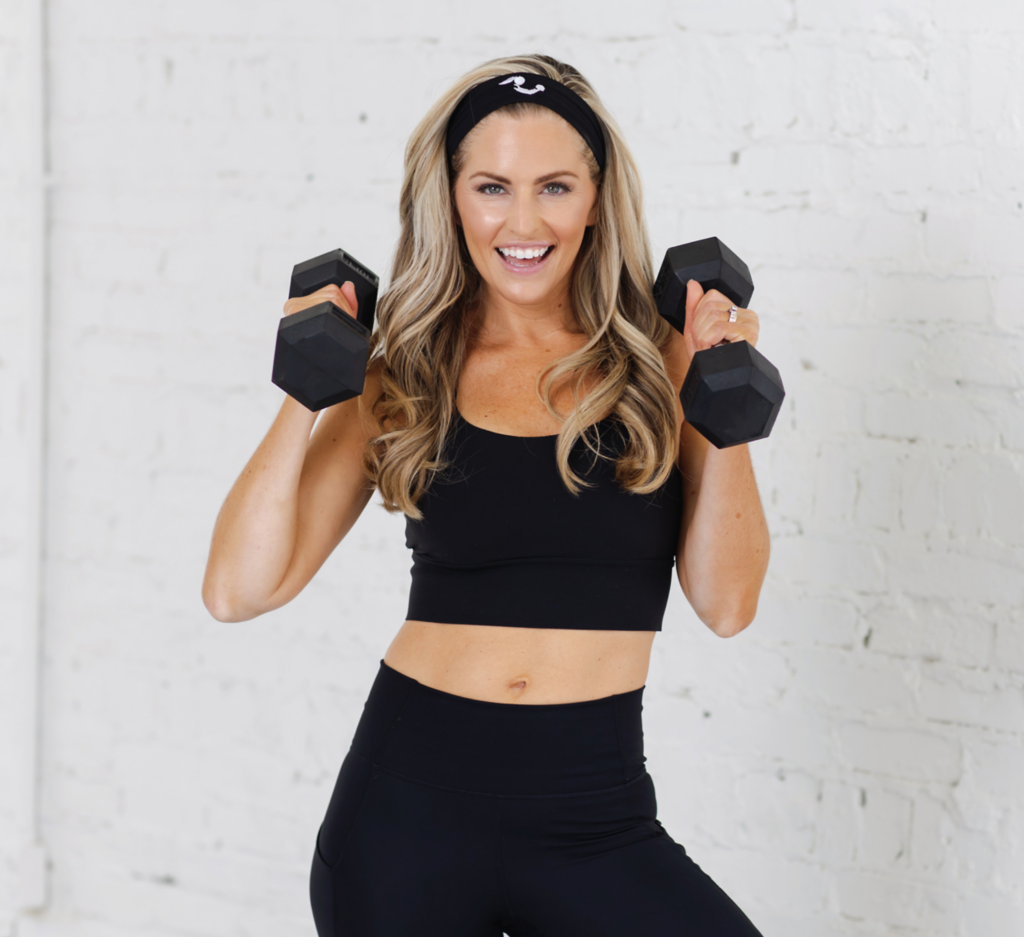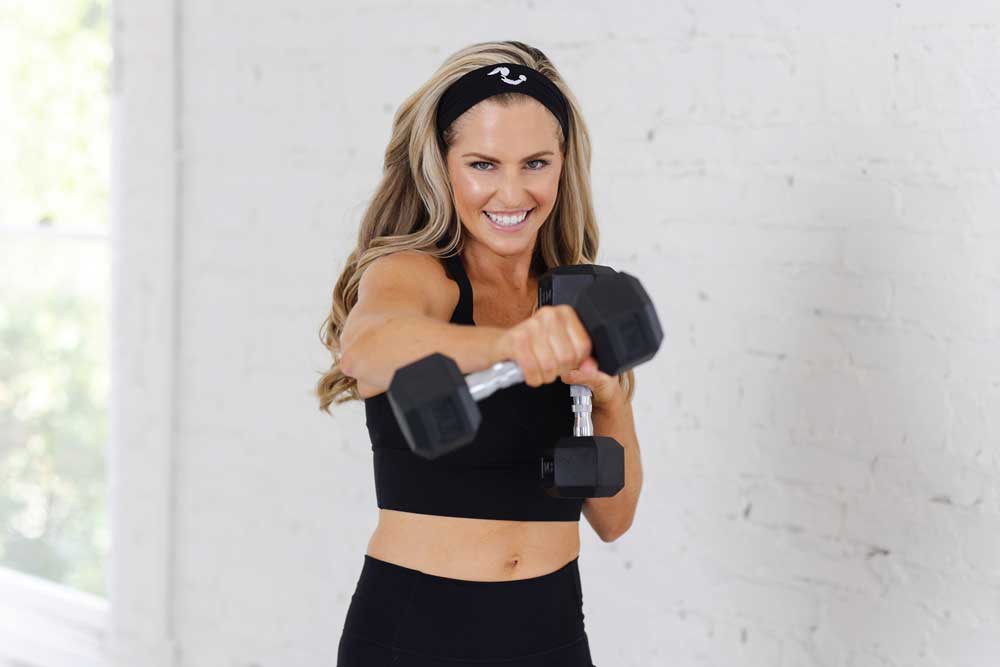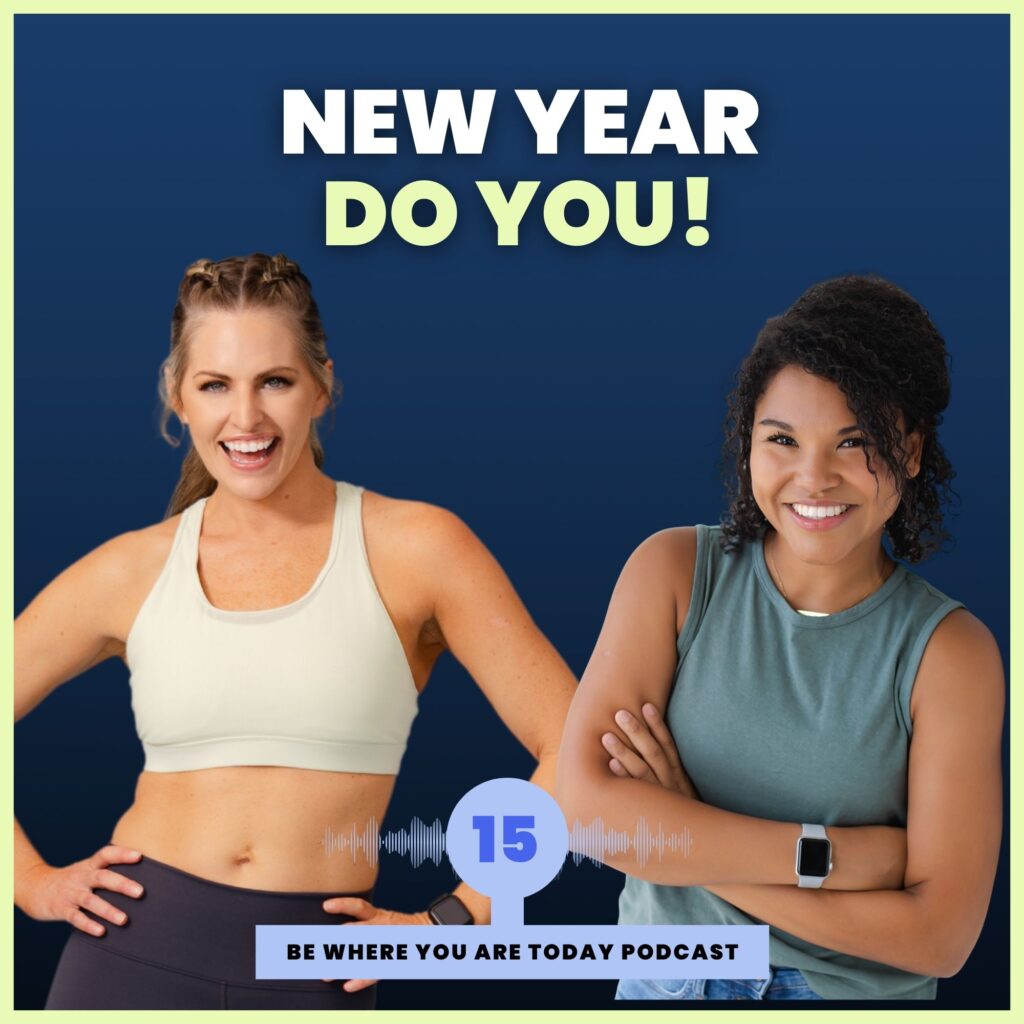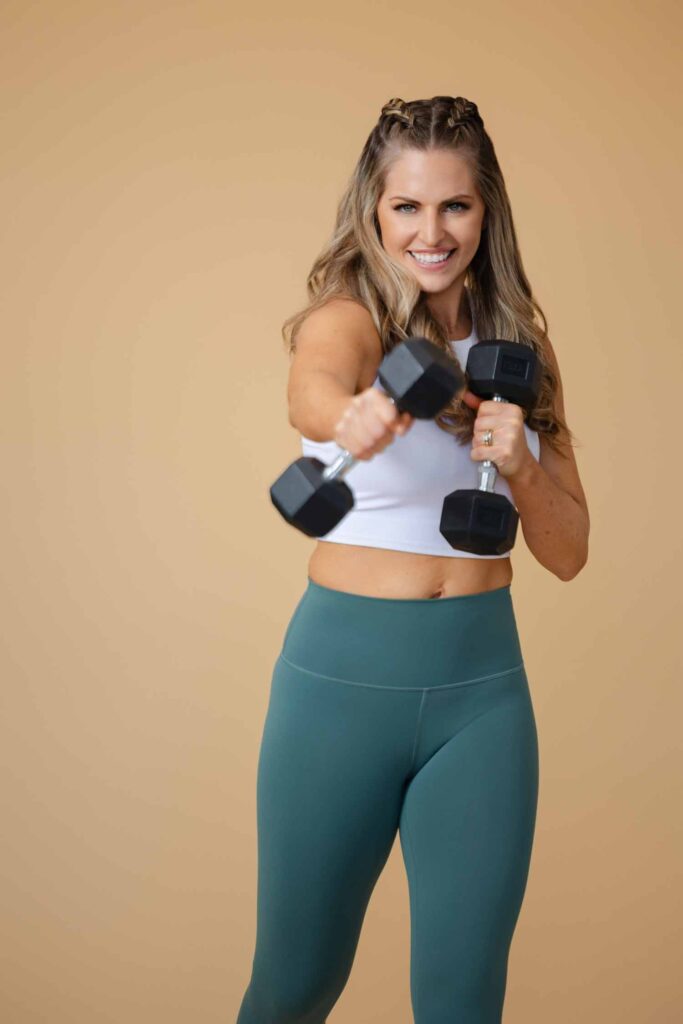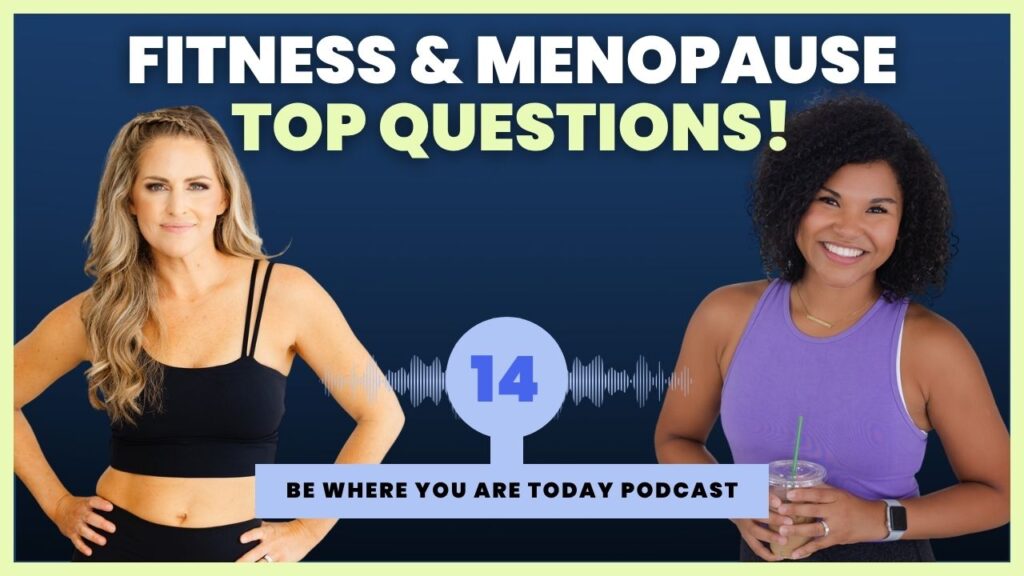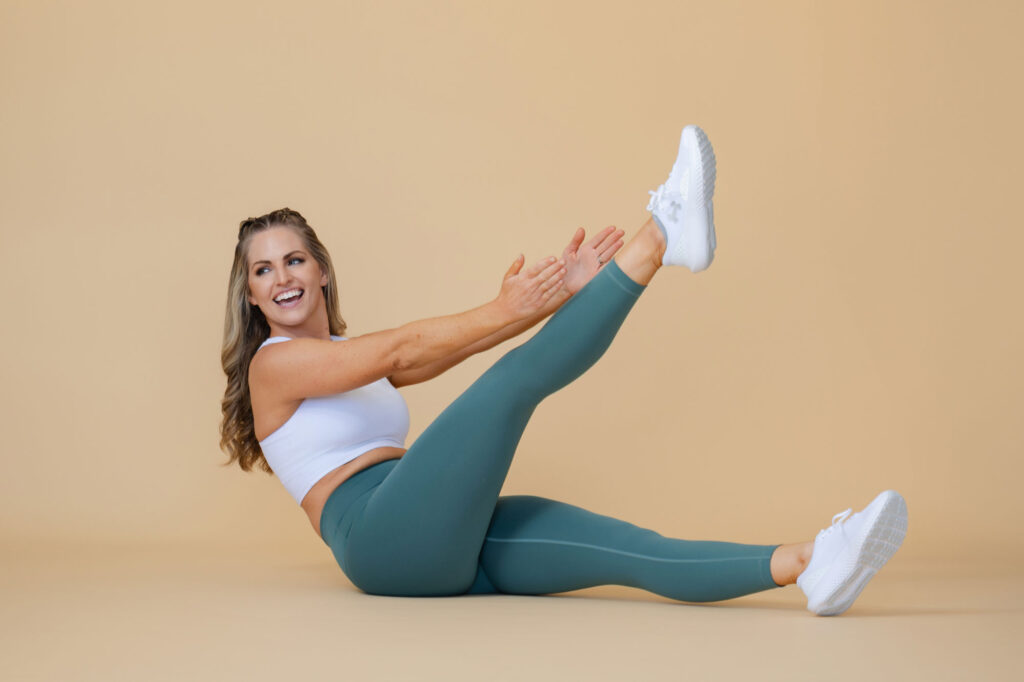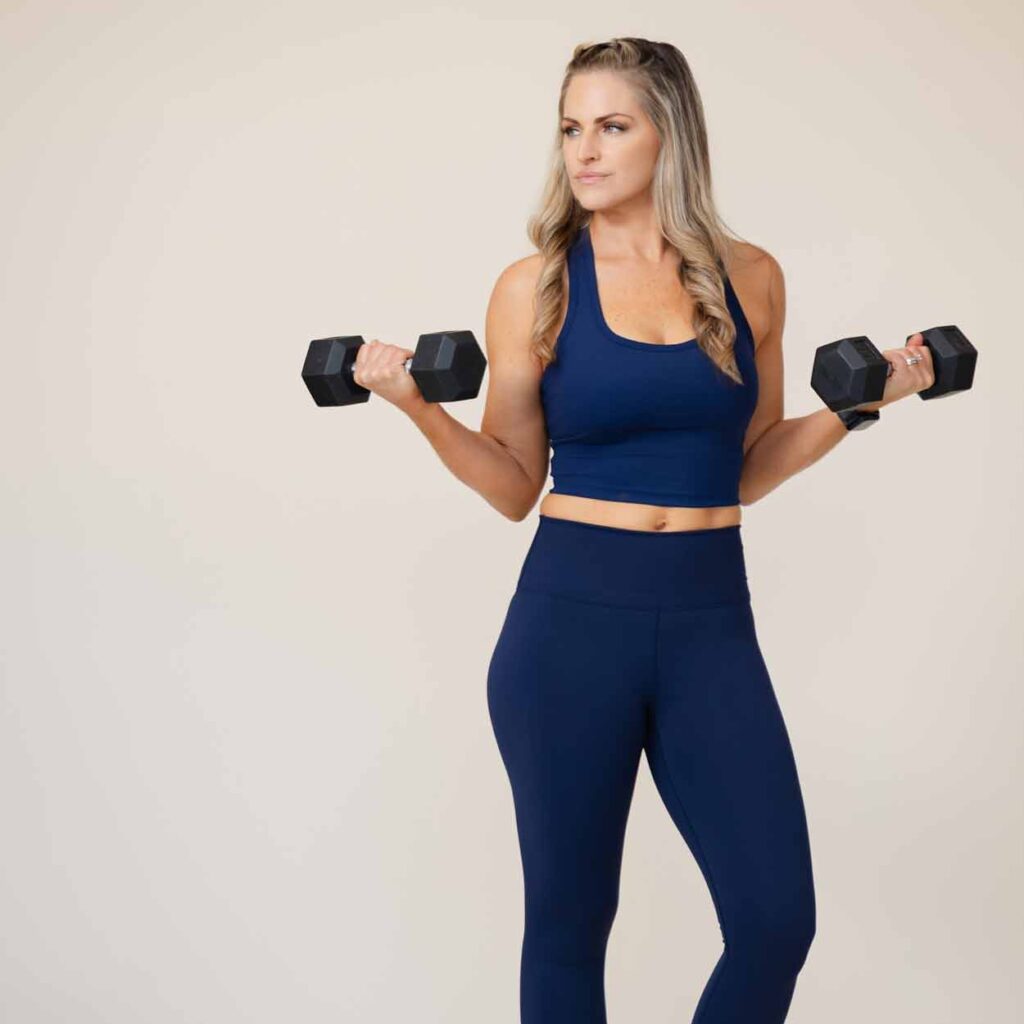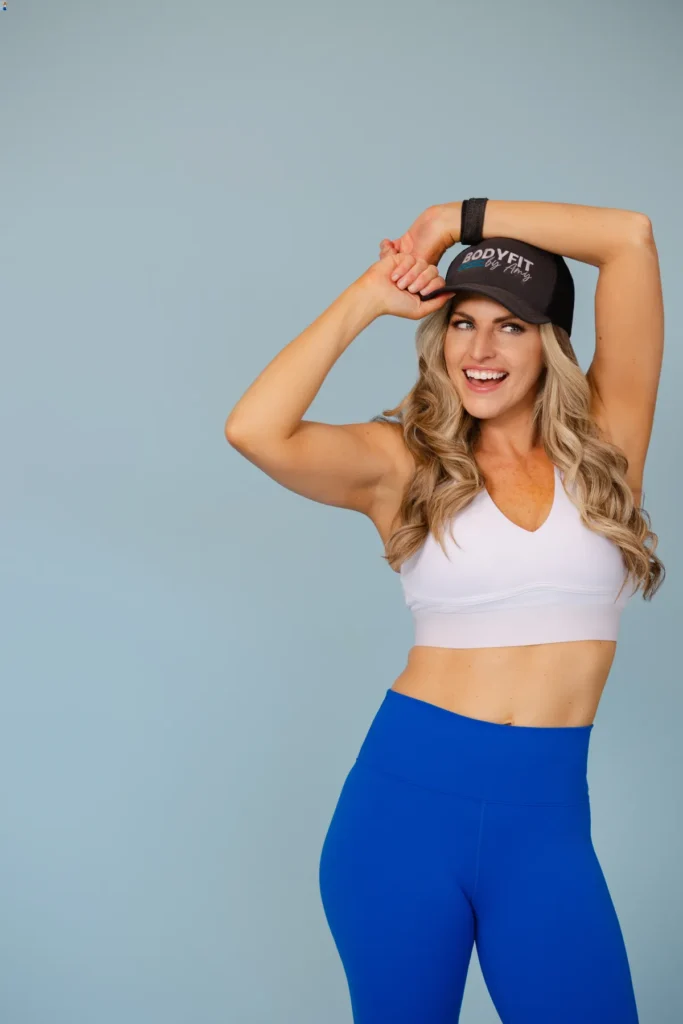This week, a New York Times article titled “Can you get a full body workout in 20 minutes?” was making the rounds on social media. Many of you shared it with me or tagged me, because you know I specialize in short and effective workouts. One of my main goals as a trainer is to help you gain consistency in fitness while realizing workouts don’t have to be overwhelming, stressful, or super long.
If you search my YouTube channel, you’ll find workouts ranging from 5 minutes to 55 minutes, with the majority in the 25-35 range. When you do those workouts, you’ll hear me preach the numerous benefits of movement that go beyond seeing physical changes in how you look. When you complete those workouts, you’ll likely feel and experience these benefits. But can you truly see “results” in just 20 or 30 minutes? I often put the word results in “quotes” because it can be so subjective depending on your personal goals, and because often, thanks to toxic diet culture and the society we live in, we believe results must mean weight loss or changes in how we look.
Here at BodyFit by Amy, we believe in focusing on all the internal changes we experience in our physical, mental, and emotional health due to fitness and nutrition, but we know you have many different goals and reasons for taking care of your body. We are here to help you with them all.
There’s no denying all the positive effects even just a few minutes of movement produces, but when it comes to seeing “results” in the more traditional sense, it is less about the quantity of your workout, and more about the quality. In fitness terms, it’s all about progressive overload.
What is progressive overload?
Progressive overload is a training principle often referring to strength training but also applies to cardiovascular and endurance training. When you make your workouts more challenging over time, you place greater stress on your musculoskeletal and nervous systems, which forces greater adaptations, resulting in stronger muscles and more endurance.
The most obvious ways to achieve progressive overload are increasing your workout volume by adding more weight, more repetitions, or more sets (back to basics!) but there are many ways to overload your body.
- Adding more variety to your workout regime (hello, BodyFit by Amy monthly calendar!) is a great way to challenge your body; when new stimuli are introduced, our bodies have to work harder to adapt, forcing more changes to occur.
- Upping our intensity by adding more time under tension (oh hey, longer muscle endurance sets!) increases not only cardiovascular but muscular stamina and strength.
- Decreasing our rest time (hi there, Tabata, AMRAP, and more!) is another way to increase overload for our hearts, lungs, and our muscles. Less recovery equals more work, and we feel it!
The key to overloading effectively is making it progressive.
Pushing yourself out of your comfort zone, while not doing too much too fast. Going harder in the ways we can, while making sure we maintain good form and range of motion. Doing enough to challenge our bodies and brains, while still wanting to return for the next workout. Showing up and moving, while remembering how strong and capable you truly are.
So can you get a full-body workout in just 20 minutes? You bet! It’s about being specific and intentional, and getting the most out of your time! That’s what we are doing here at BodyFit by Amy.
This past week I covered progressive overload in depth in the BodyFit Athletic Club, breaking down the concepts and training methods while also answering your questions live. Vivian and I do this weekly with fitness and nutrition topics and questions in the Club, and we’d love for you to join us!
